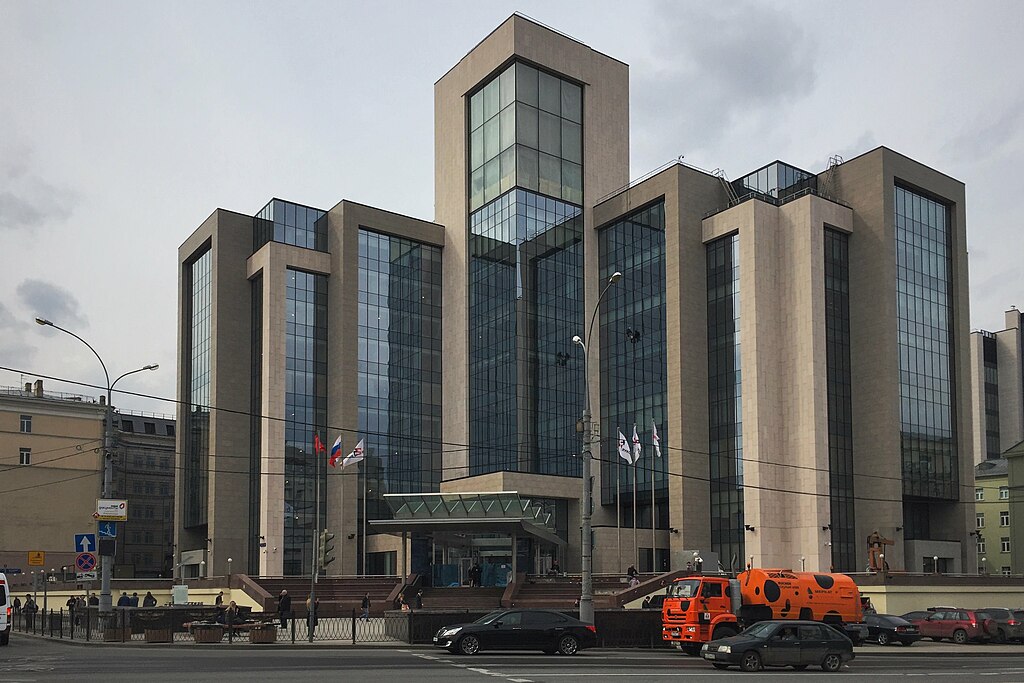Sanctioned Russian billionaires continue to profit despite restrictions
Russian billionaires, many with close ties to Putin, have received $11.3 billion in dividends as companies resume payouts amid Russia's economic rebound. Top earners include sanctioned individuals who have found ways to circumvent restrictions and redirect exports.


Bloomberg reports that Russian tycoons have received billions of dollars in dividends as their companies resumed or boosted payouts amid easing economic uncertainty over the Kremlin’s war in Ukraine. According to data compiled by Bloomberg from publicly disclosed information, at least a dozen business people earned over 1 trillion rubles ($11.3 billion) in dividends for 2023 and the first quarter of this year.
Many of these billionaires have close links to President Vladimir Putin and include some who’ve been sanctioned over the war. Vagit Alekperov, key shareholder and former president of oil giant Lukoil PJSC, topped the list with about 186 billion rubles in dividends. Alexey Mordashov of Severstal PJSC and Vladimir Lisin of Novolipetsk Steel PJSC followed with 148 billion and 121 billion rubles respectively.
The list includes Putin’s billionaire ally Gennady Timchenko and Tatyana Litvinenko, who received a stake in PhosAgro PJSC before her husband Vladimir was sanctioned by the US in 2023.
The US and its allies imposed sweeping sanctions on Russia in response to the February 2022 invasion, prompting many companies to pause dividend payouts. However, these fears haven’t been borne out as Russia’s economy gradually adjusted to the new conditions and exporters found alternative markets.
Russia’s economy grew 5.4% in the first quarter compared to the same period last year. Many commodities exporters have resumed dividend payments after reshaping their businesses and re-routing sales toward markets in China, India, and other Global South nations that haven’t implemented sanctions.
The US stepped up threats of secondary sanctions on banks in countries that Russia regards as “friendly,” and sanctions on the Moscow Exchange last month forced it to halt trading in dollars and euros.
Related:
- Majority of Russian billionaires see wealth increase in 2023, Bloomberg index shows
- FT: Western banks handed €800mn to Kremlin in taxes in 2023 despite promises to exit
- UK intel: Russia boosts military output in 2023, will have materiel edge over Ukraine in 2024
You could close this page. Or you could join our community and help us produce more materials like this.
We keep our reporting open and accessible to everyone because we believe in the power of free information. This is why our small, cost-effective team depends on the support of readers like you to bring deliver timely news, quality analysis, and on-the-ground reports about Russia's war against Ukraine and Ukraine's struggle to build a democratic society.
A little bit goes a long way: for as little as the cost of one cup of coffee a month, you can help build bridges between Ukraine and the rest of the world, plus become a co-creator and vote for topics we should cover next. Become a patron or see other ways to support.



